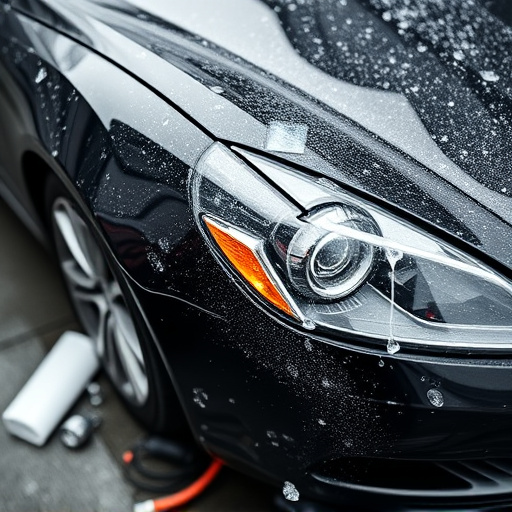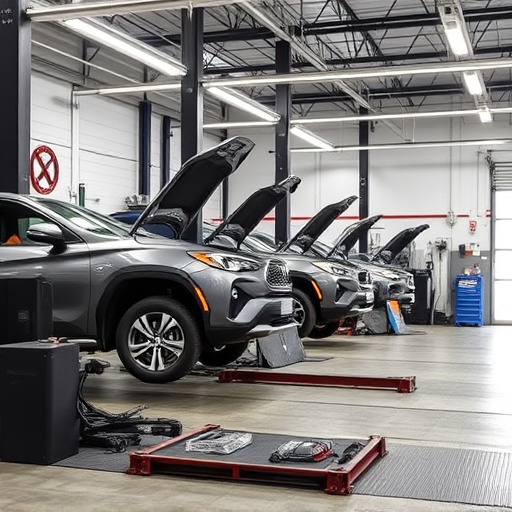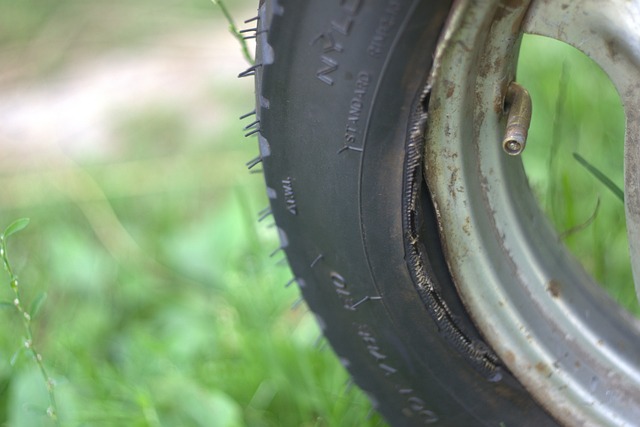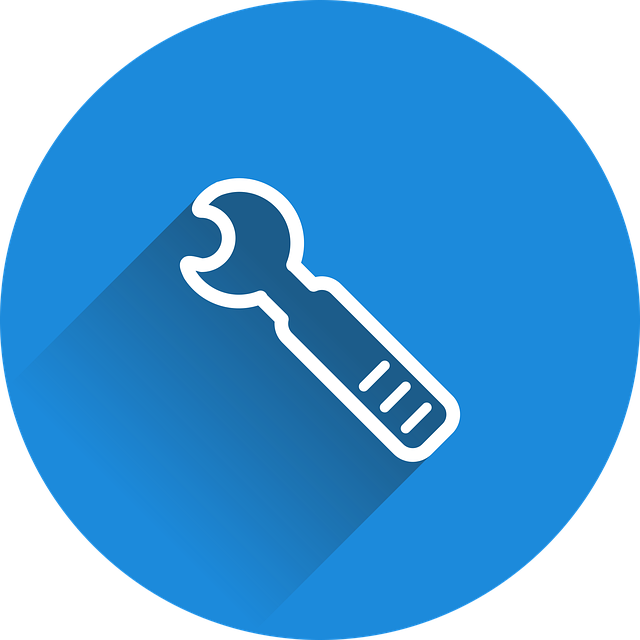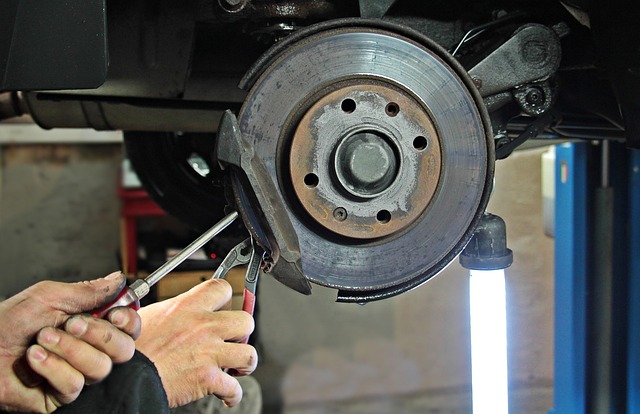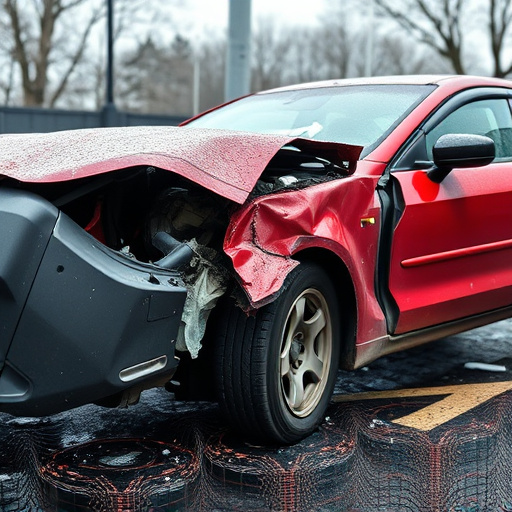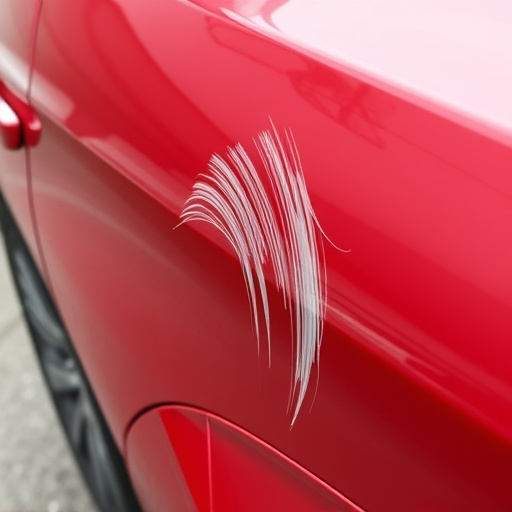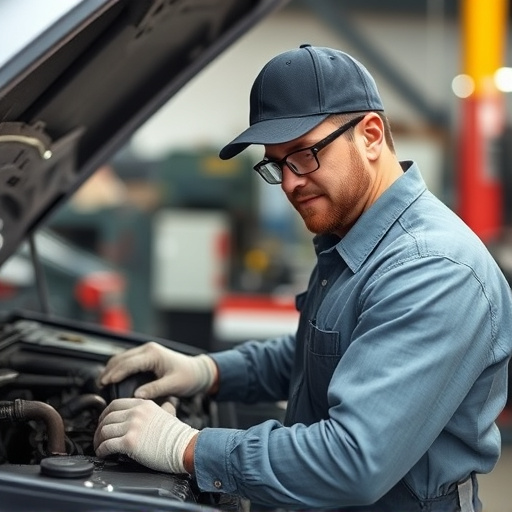Repair fraud poses significant costs and damages within the automotive sector, eroding trust between customers and providers. To counter this, a robust repair approval process is vital. By involving customers in decision-making, these processes ensure transparency, accountability, and quality control, fostering trust and ethical practices. Structured protocols for damage assessment, repair estimation, and detailed documentation prevent unauthorized work and overcharging, safeguarding customers and their vehicles from fraud. Implementing efficient approval workflows, enhancing transparency through digital platforms, and defining clear criteria for approvals builds trust among all stakeholders, promoting fairness and integrity in auto body repairs.
The repair industry faces a growing challenge from repair fraud, where unscrupulous mechanics overcharge or perform unnecessary work. This article explores how a robust repair approval process acts as a powerful defense against such fraudulent activities. We delve into common fraud schemes and their impact on consumers, businesses, and the industry at large. By understanding these threats, we’ll highlight the crucial role of structured approval processes in detection and prevention, along with best practices for implementing effective systems.
- Understanding Repair Fraud: Common Schemes and Their Impact
- The Role of a Structured Repair Approval Process in Detection and Prevention
- Best Practices for Implementing an Effective Repair Approval System
Understanding Repair Fraud: Common Schemes and Their Impact

Repair fraud is a significant concern within the automotive industry, costing individuals and businesses billions annually. Common schemes include billing for non-performed work, using substandard parts, and overcharging for repairs. At auto collision centers and vehicle body shops, fraudulent activities can range from inflating estimates to performing unnecessary services. These practices not only deprive customers of fair treatment but also undermine the integrity of the entire auto maintenance sector.
The impact of repair fraud extends beyond financial losses. It erodes trust between customers and auto repair providers, leading to a general lack of confidence in essential vehicle care. A robust repair approval process acts as a safeguard against such fraudulent activities by ensuring transparency, accountability, and quality control throughout the repair journey. By involving customers actively in the decision-making process, these processes help them understand the scope of work, approve estimated costs, and verify completed repairs, thereby fostering trust and promoting ethical practices in auto maintenance.
The Role of a Structured Repair Approval Process in Detection and Prevention

A structured repair approval process plays a pivotal role in detecting and preventing repair fraud within the automotive industry. By establishing clear protocols for assessing damage and estimating repairs, auto repair shops ensure transparency and accountability throughout the entire process. This methodical approach involves detailed inspections, comprehensive documentation, and precise cost breakdowns, making it easier to identify any discrepancies or overcharging.
This process is particularly crucial when addressing seemingly minor issues like car scratch repair, as even seemingly innocuous damages can lead to inflated bills if not properly managed. By implementing a rigorous approval mechanism, shops can prevent unauthorized or excessive work, safeguarding both customers and their vehicles from potential fraud. This, in turn, fosters trust between clients and auto repair shops, ensuring that every repair is conducted with integrity and within agreed-upon parameters.
Best Practices for Implementing an Effective Repair Approval System

Implementing an effective repair approval process is a robust strategy to prevent repair fraud and ensure quality auto body repair. Best practices involve streamlining the workflow, promoting transparency, and empowering stakeholders with real-time data access. Automated systems can facilitate this by enabling quick approvals based on pre-set guidelines, minimizing human error and delays. Additionally, integrating digital platforms for documentation and communication ensures a paperless process, reducing fraud opportunities and enhancing audit trails.
For auto repair services, including dent removal procedures, approval systems should consider specific criteria such as the extent of damage, cost estimates, and availability of parts. Efficient approval processes foster trust among customers, insurance providers, and auto body shops by demonstrating accountability and fairness. This not only strengthens relationships but also promotes ethical practices within the industry, ensuring clients receive legitimate auto body repair services without fraudulent charges or substandard work.
The repair approval process is a powerful tool in combating repair fraud, offering a structured approach to verify and approve repairs. By implementing this process, organizations can significantly reduce the risk of fraudulent activities, ensuring that only authorized and qualified work is carried out. Through meticulous documentation, thorough inspections, and approval from relevant parties, the repair approval process creates a transparent and accountable system, ultimately safeguarding against common fraud schemes and fostering trust among stakeholders.

